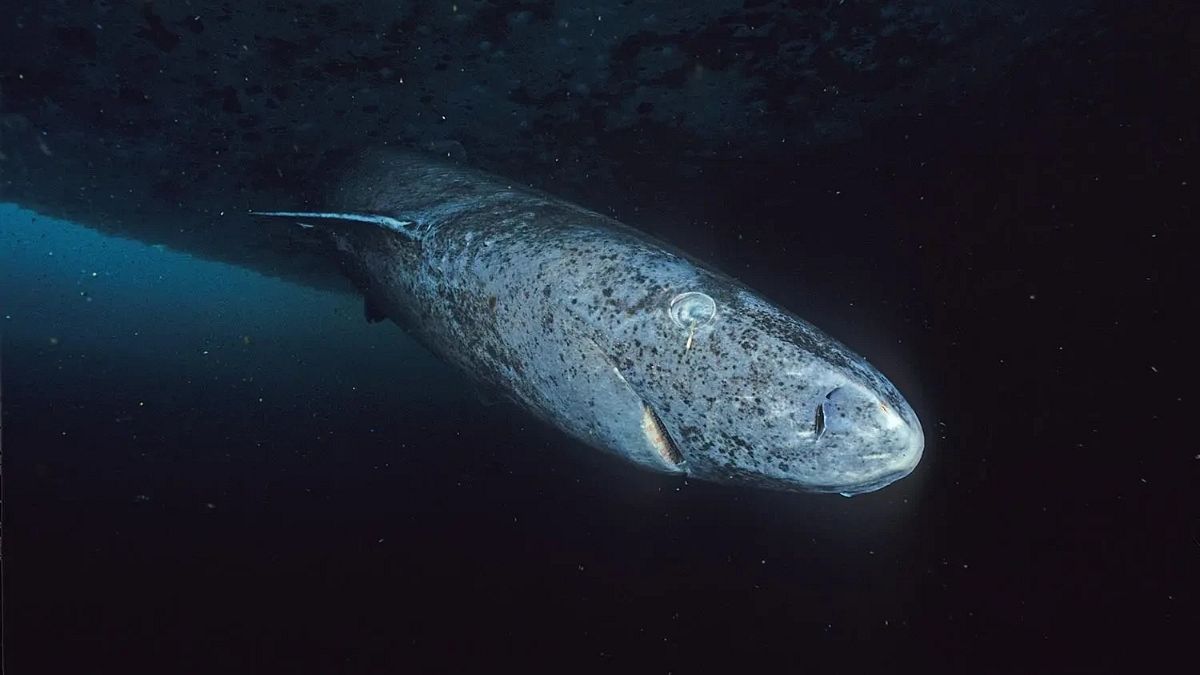
A new study has found the first experimental evidence that the compound can increase longevity and fight signs of aging.

Previously, it was thought that this long lifespan was due to the shark’s cold environment and minimal movement. Now, it’s been discovered that the factors behind this species extreme longevity appear to be far more complex.

The 'longevity bottleneck' hypothesis has been proposed by Professor Joao Pedro de Magalhaes from the UK. The hypothesis connects the role that dinosaurs played over 100 million years with the aging process in mammals.

Taurine - a nutrient found in meat, fish and sold as a supplement - extends life and boosts health in a range of animal species, scientists say.

This might represent a fundamental breakthrough in our quest to slow the inevitable march of time.

A paper published in Nature Aging describes how cold temperatures stimulate the production of PA28γ, a protein that appears to increase lifespan in worms and cells.

Higher consumption of fruits and vegetables is associated with a lower risk of death in men and women, according to data representing nearly 2 million adults. The simple public health message '5-a-day.'

Where you live has a significant impact on the likelihood that you will reach centenarian age. New research suggests that people who live in highly walkable, mixed-age communities may be more likely to live to their 100th birthday.

The world today is getting steadily older—mature, settled adults over the age of 30 are now half the population and growing. And the world is getting steadily richer—about half the world is now middle class or richer.

Recent study shows that any amount of running is associated with a 27% lower risk of death from all causes for both sexes, compared with no running. It is also associated with a 30% lower risk of death from cardiovascular disease.

Neural excitation linked to shorter life, while suppression of overactivity appears to extend life span. Protein REST, previously shown to protect aging brains from dementia and other diseases, emerges as a key player in molecular cascade related to aging.

A sunny outlook on life may do more than make you smile: New research suggests it could also guard against heart attacks, strokes and early death.

There are some suggestions that people who are more optimistic age better than people who aren't. We're just starting to look at these personality traits and how they influence aging.

A research team has discovered a combination of drugs that increases healthy lifespan in Caenorhabditis elegans. Life-extending effects in worms could one day translate into treatments that delay ageing in humans.

A new scientific study of forecasts and alternative scenarios for life expectancy and major causes of death in 2040 shows all countries are likely to experience at least a slight increase in lifespans.